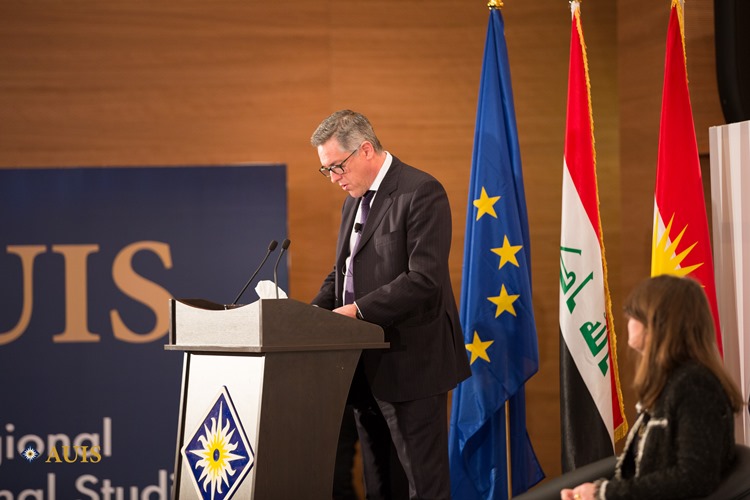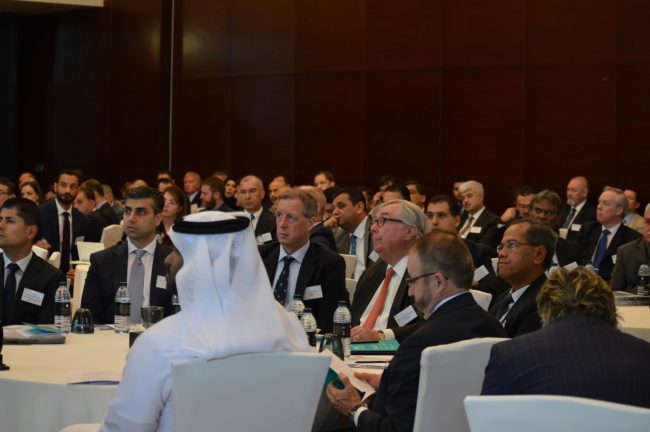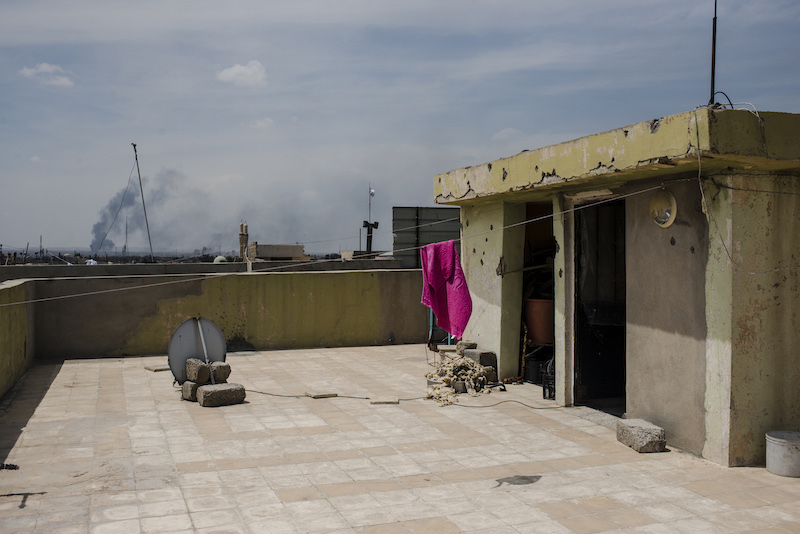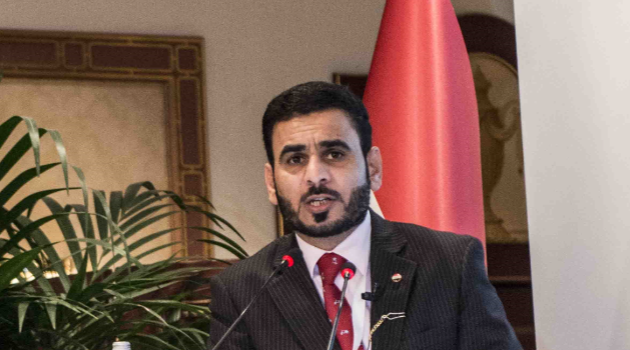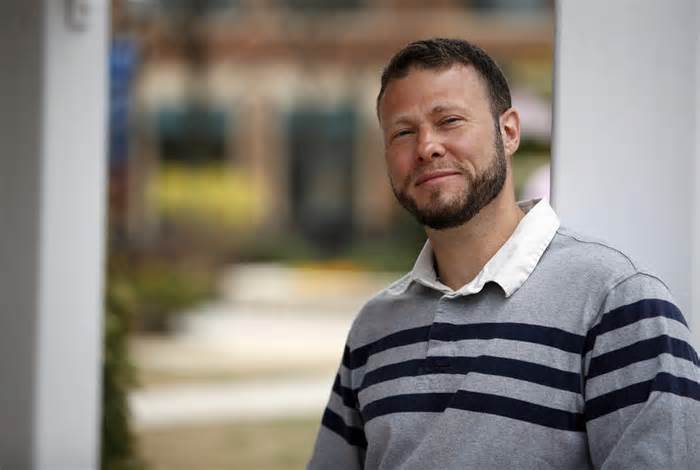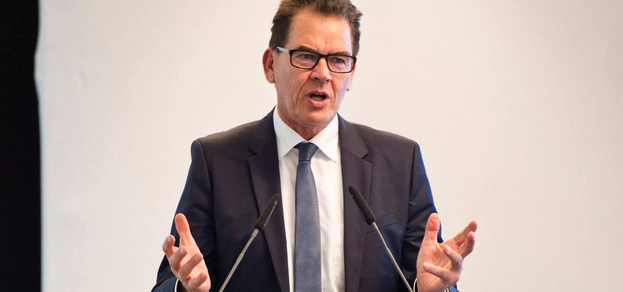The European Commission has adopted a €60.4 million stabilisation package to support Iraq after the liberation of areas held by Da’esh, with the country still facing humanitarian, security, stabilisation and reconciliation challenges.
This new funding comes in addition to EU humanitarian aid in the country and other forms of financial assistance that now total €608.4 million since the beginning of the crisis.
High Representative/Vice-President Federica Mogherini (pictured) said:
“At this important juncture in Iraq history, we stand at the side of the Iraqi people and authorities who have shown courage and resilience in their fight against Da’esh. Today more than ever, the EU is present to assist them in building their post-Da’esh future.
“We are and will continue to be active on the political, humanitarian, security and development sides to help stabilising the liberated areas. This is a pre-condition for reconciliation, for the return of the many internally displaced who are eager to come back and for the longer term stability in Iraq.”
Commissioner for International Cooperation and Development Neven Mimica said:
“The liberation of Mosul and other areas previously occupied by Da’esh is a first step towards peace. The EU has been supporting the needs of millions of Iraqis and will not stop there. They can also count on EU assistance for the further stabilisation and development efforts of their country.”
The stabilisation package includes €50.4 million help to restore basic services, repair essential public infrastructure, as well as to reactivate economic activity through grants to small businesses. This will be done through the UNDP Funding Facility for Stabilisation, which is working in newly retaken areas in Anbar, Salah al-Din, Kirkuk, Ninewah and Diyala Governorates. Thanks to more than 1,200 projects, over 2.2 million people have been able to return to their homes.
A further €10 million will continue to facilitate the clearance of lands previously contaminated by explosives, by supporting the United Nations Mine Action Service (UNMAS). This will also help creating the conditions for a safe, voluntary and dignified return of more than 3 million internally displaced persons (IDPs).
In the past year and a half, with the EU playing a key role in coordination, UNMAS has surveyed and cleared more than 1.8 million m² of land in and around Fallujah and around 160 thousand m² in al Anbar Province.
(Source: European Commission)

